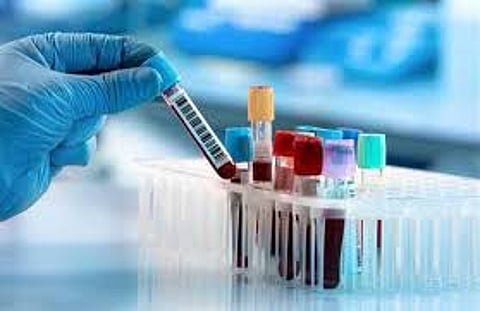7 Essential Medical Tests After Age Forty: Your Guide to Proactive Health

1. Cholesterol Test
Cholesterol is an important element for tissue repair, but the balance between good (HDL) and bad (LDL) types determines its health impact. After forty, the body's ability to eliminate LDL decreases, increasing the risk of artery blockage and heart attacks. It is advised to maintain HDL at 1.2 mmol/L or higher, and LDL below 3 mmol/L. Aerobic exercise and consuming fiber and healthy fats help regulate levels.
2. Thyroid Function Test
The thyroid regulates metabolism and body temperature. Its disorder can lead to weight gain, fatigue, and high cholesterol. About 10% of adults suffer from thyroid dysfunction, and the rate increases in women after sixty. Testing for hormones T3 and T4 is essential, and lifestyle adjustments can be made in collaboration with a nutrition specialist.
3. Testosterone Level Test
Testosterone gradually declines in men and women after thirty, affecting energy, mood, and heart health. Testing helps determine the need for natural hormonal support, especially for those experiencing fatigue or mood swings.
4. Vitamin D Level Test
Vitamin D deficiency is very common after forty due to decreased skin ability to produce it from sunlight. Deficiency leads to weakened immunity and bone pain. It is recommended to take daily supplements of 3000–5000 International Units, along with Vitamin K2 to enhance absorption.
5. Kidney Function Test
The kidneys are responsible for filtering blood and regulating fluids. A creatinine test reveals kidney efficiency, and elevated levels may indicate chronic kidney disease. Symptoms often do not appear until advanced stages, so early testing is crucial to avoid complications.
6. Blood Sugar Level Test
7. Blood Pressure Measurement
These tests form the foundation for a proactive health system and help detect problems before they worsen, giving you the opportunity for a longer, more active life.